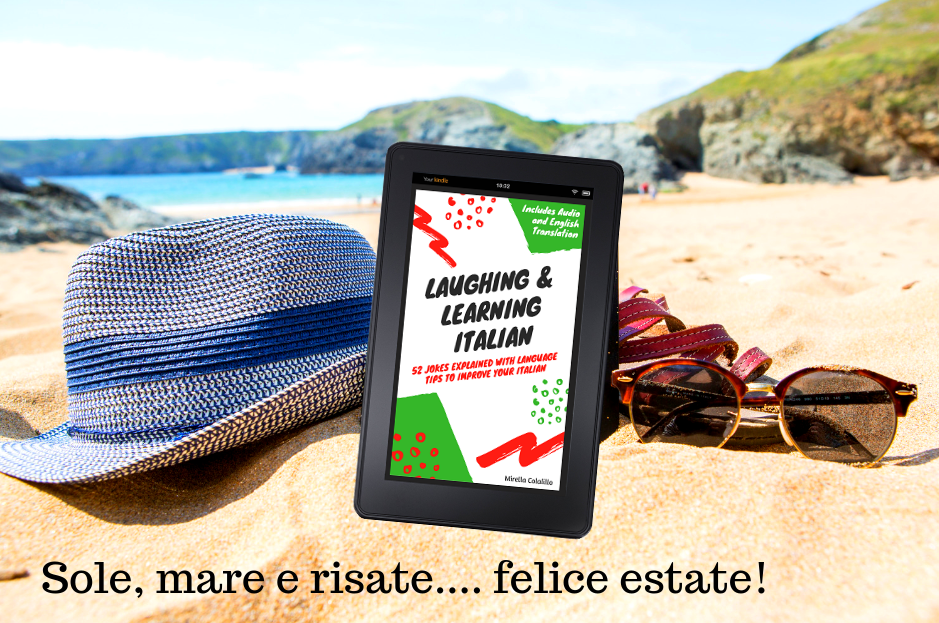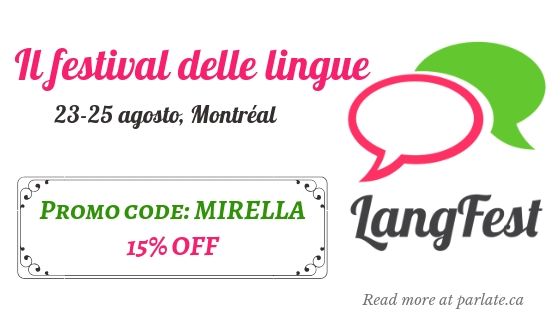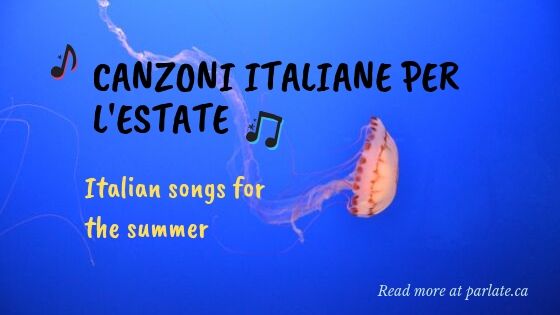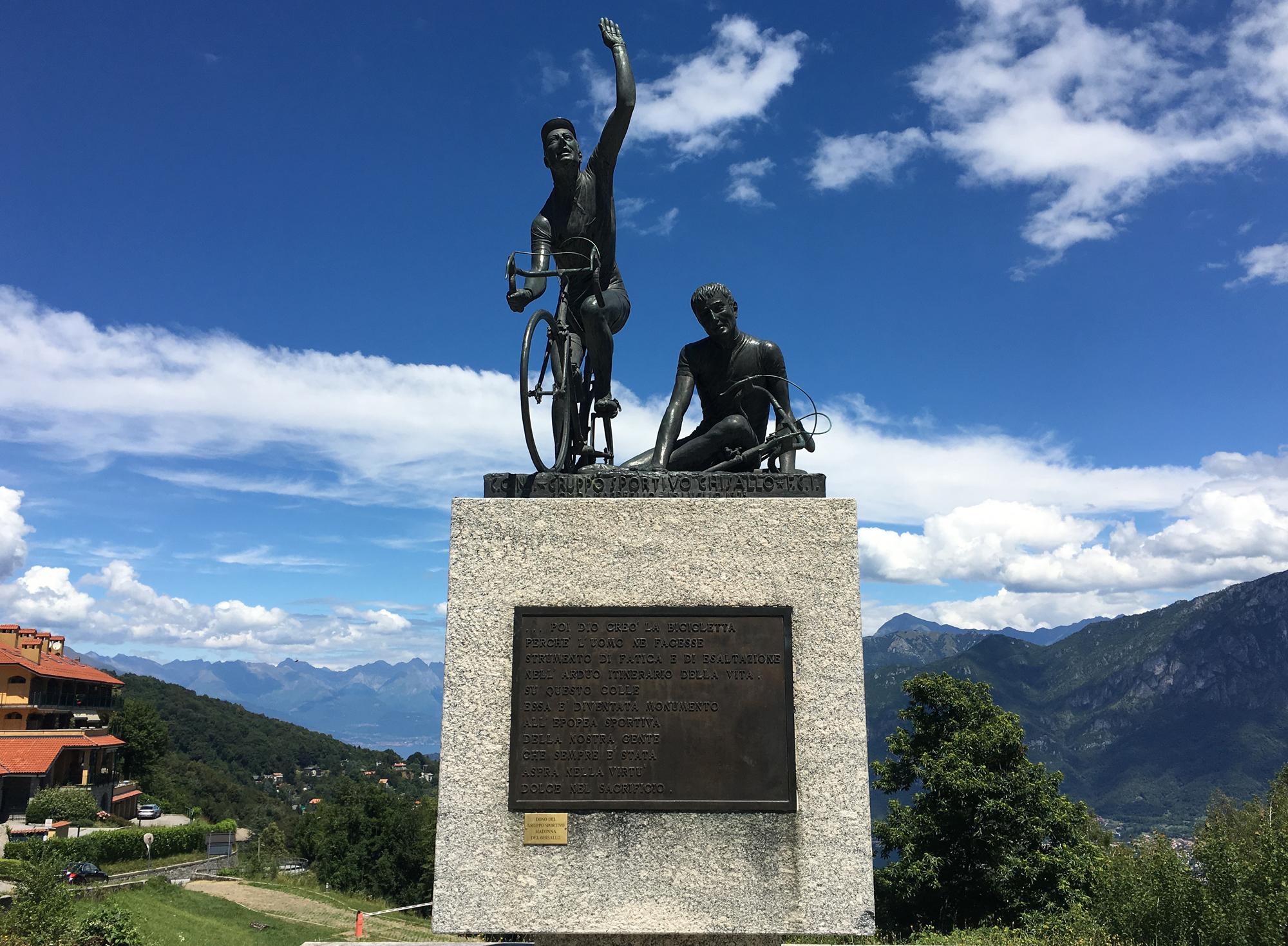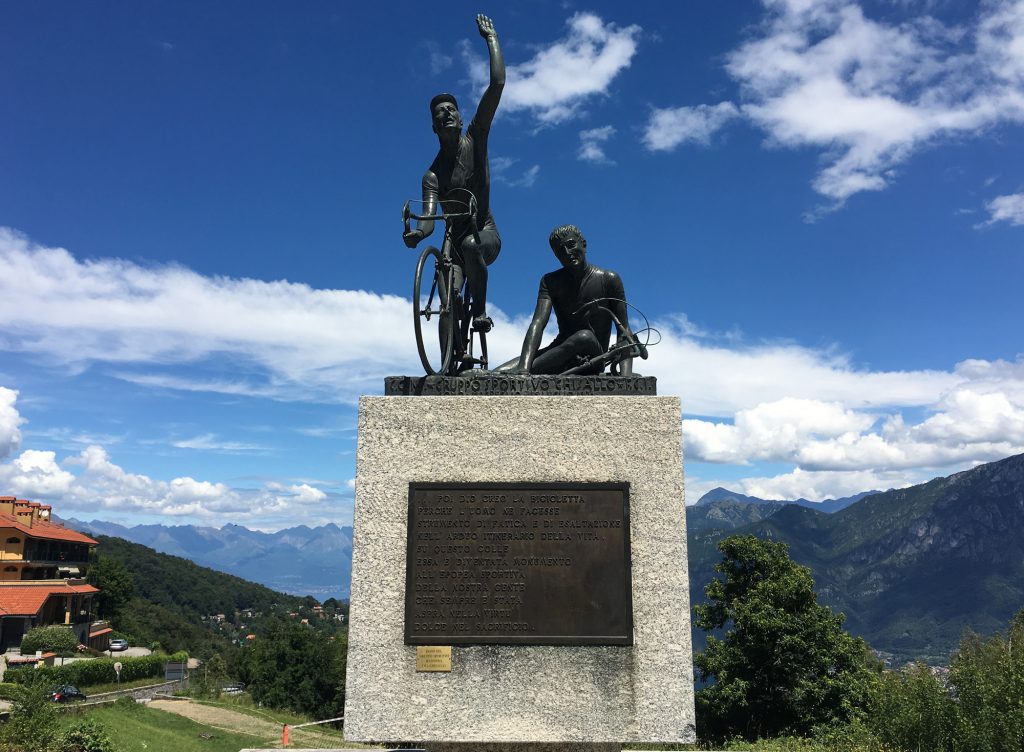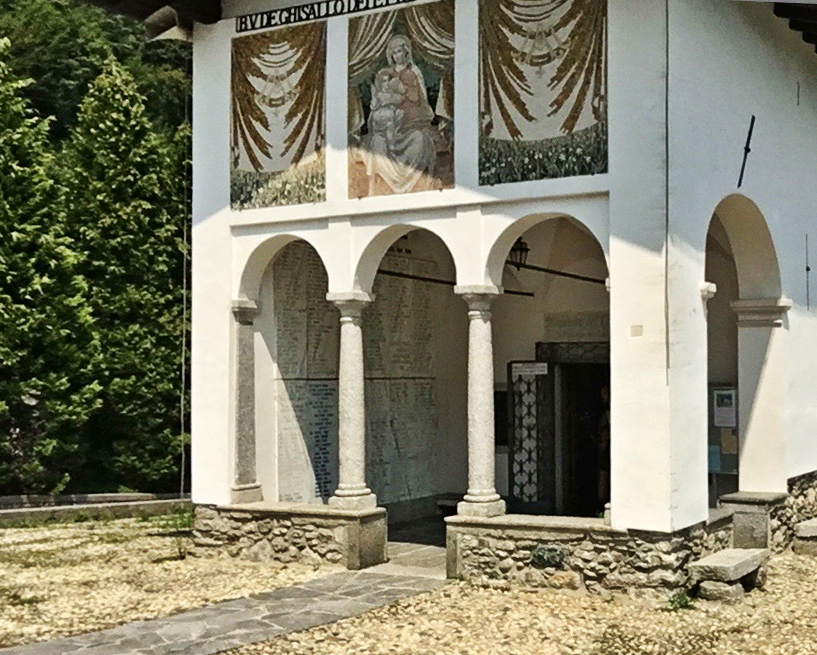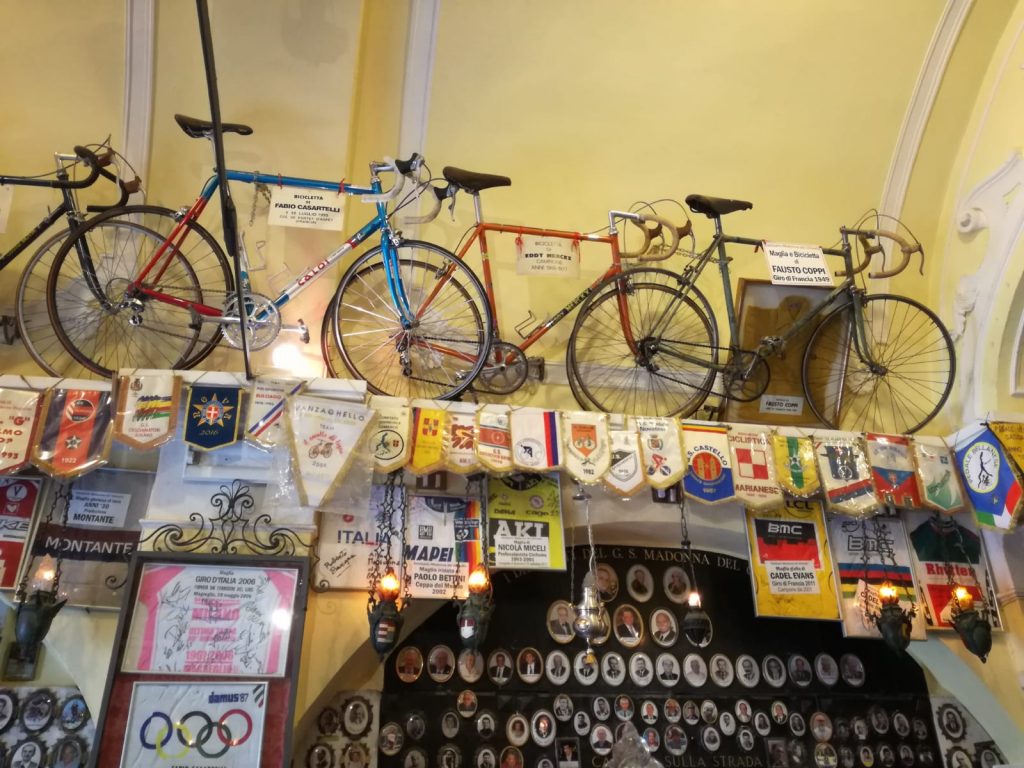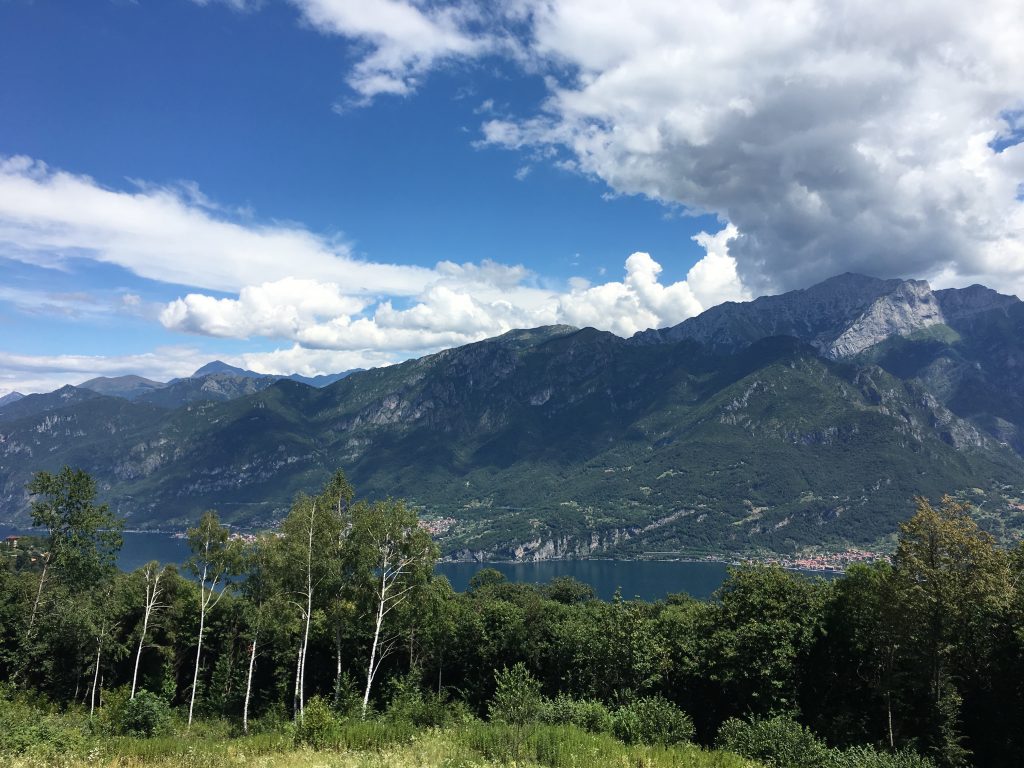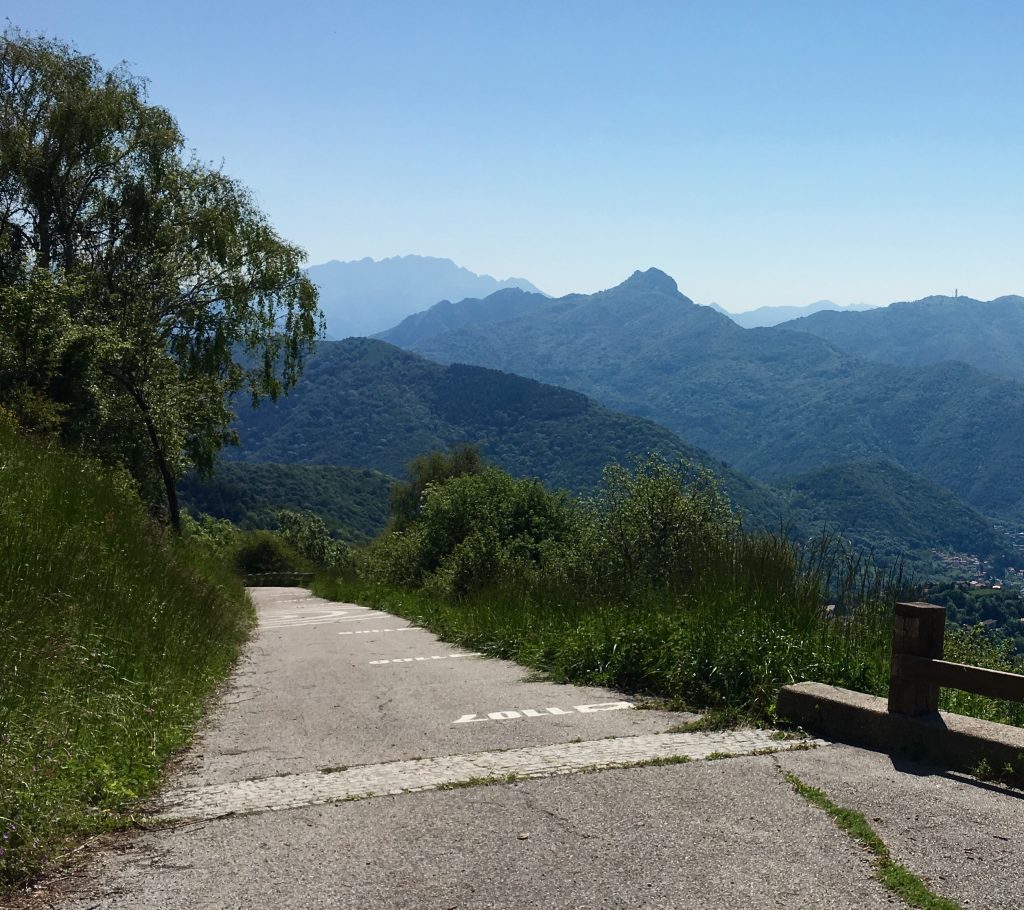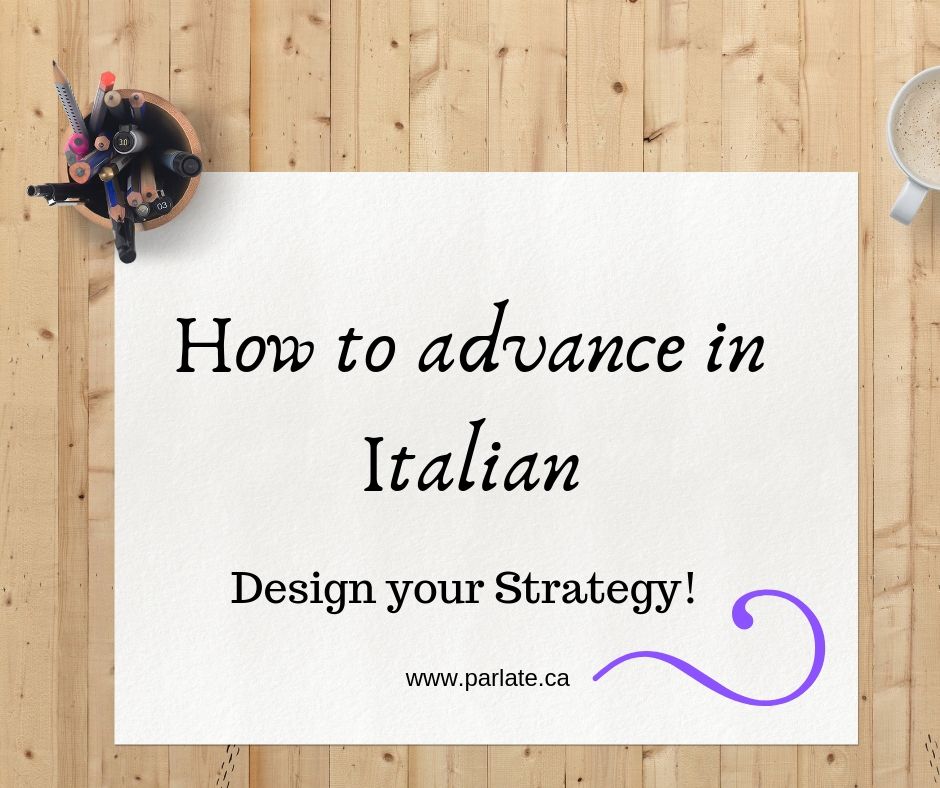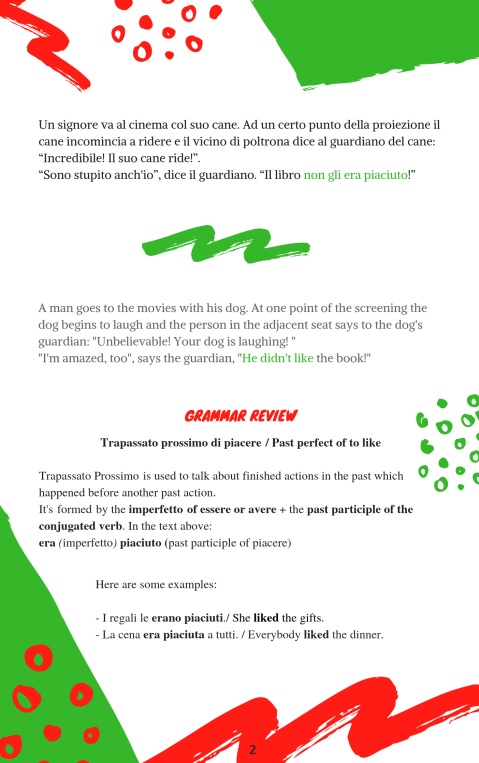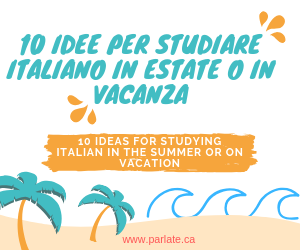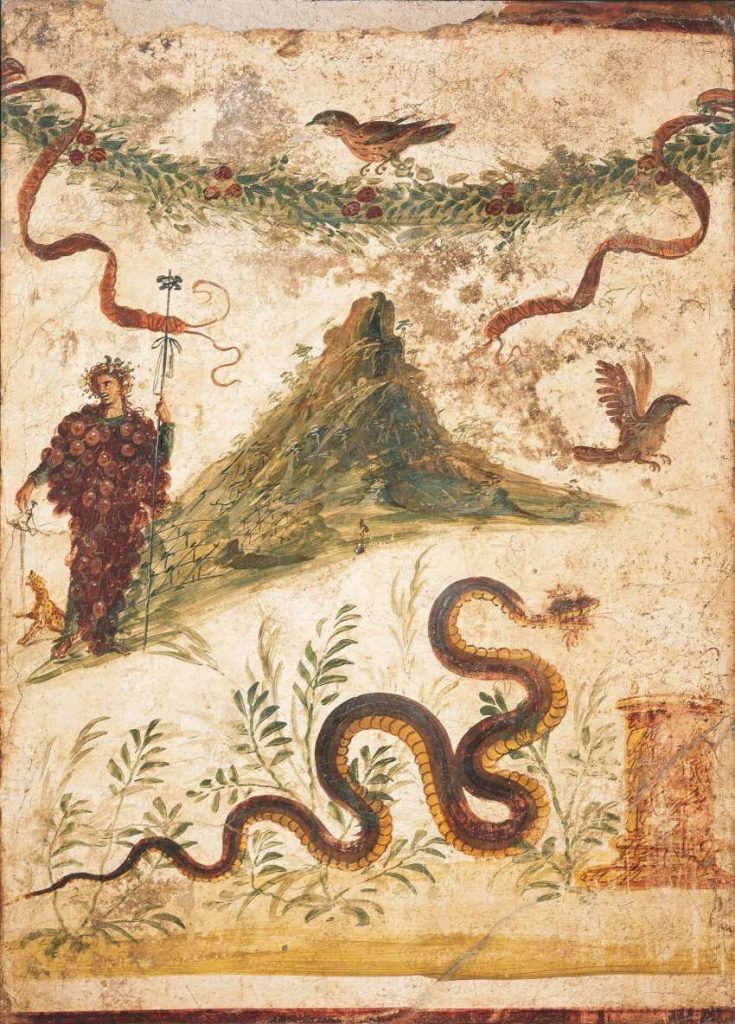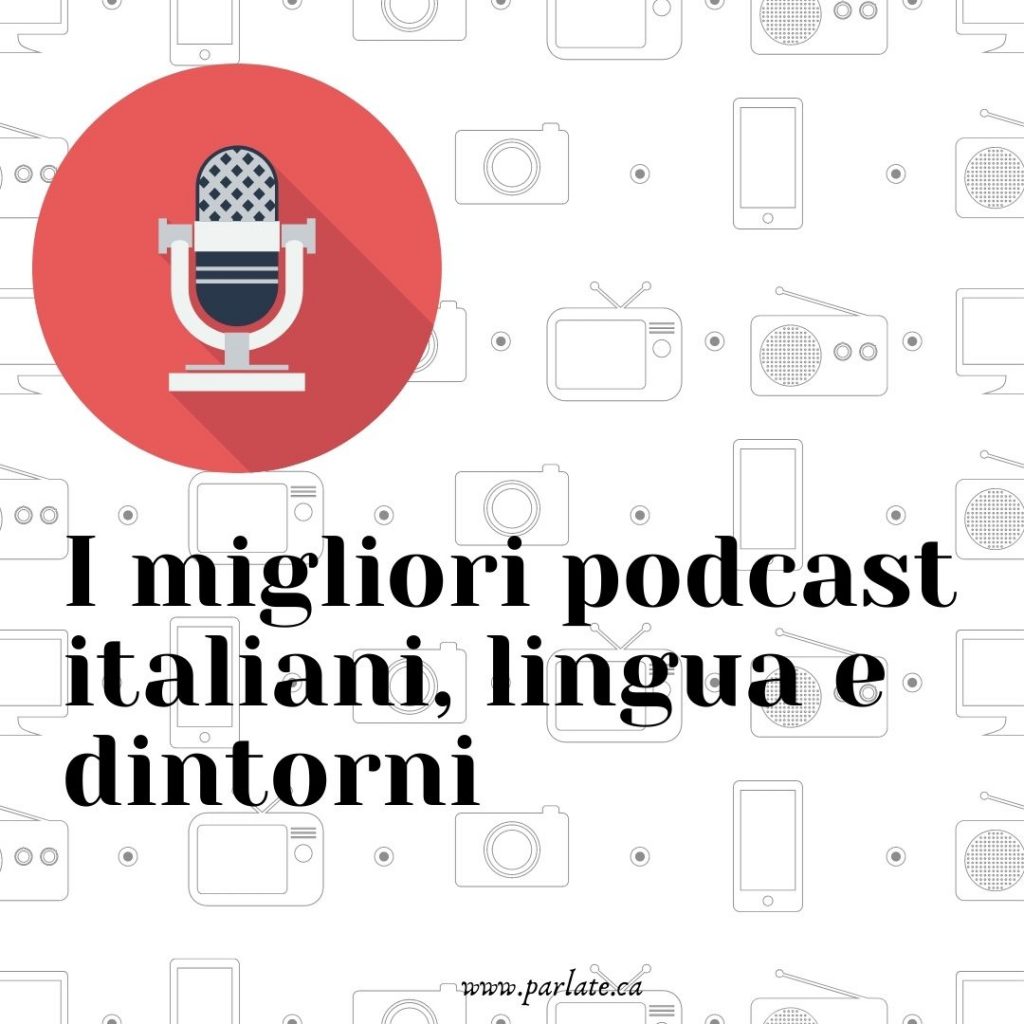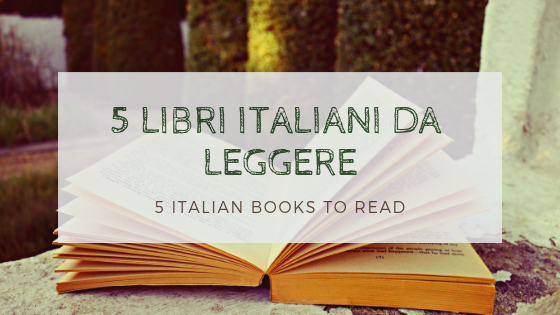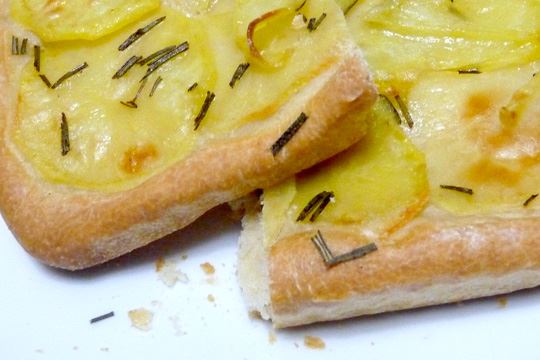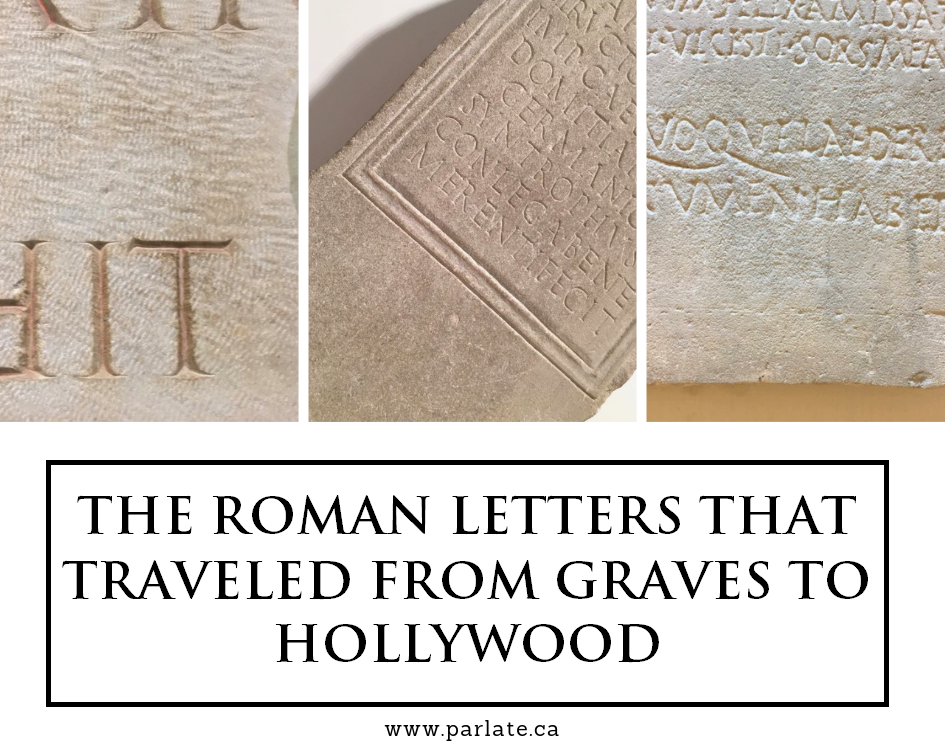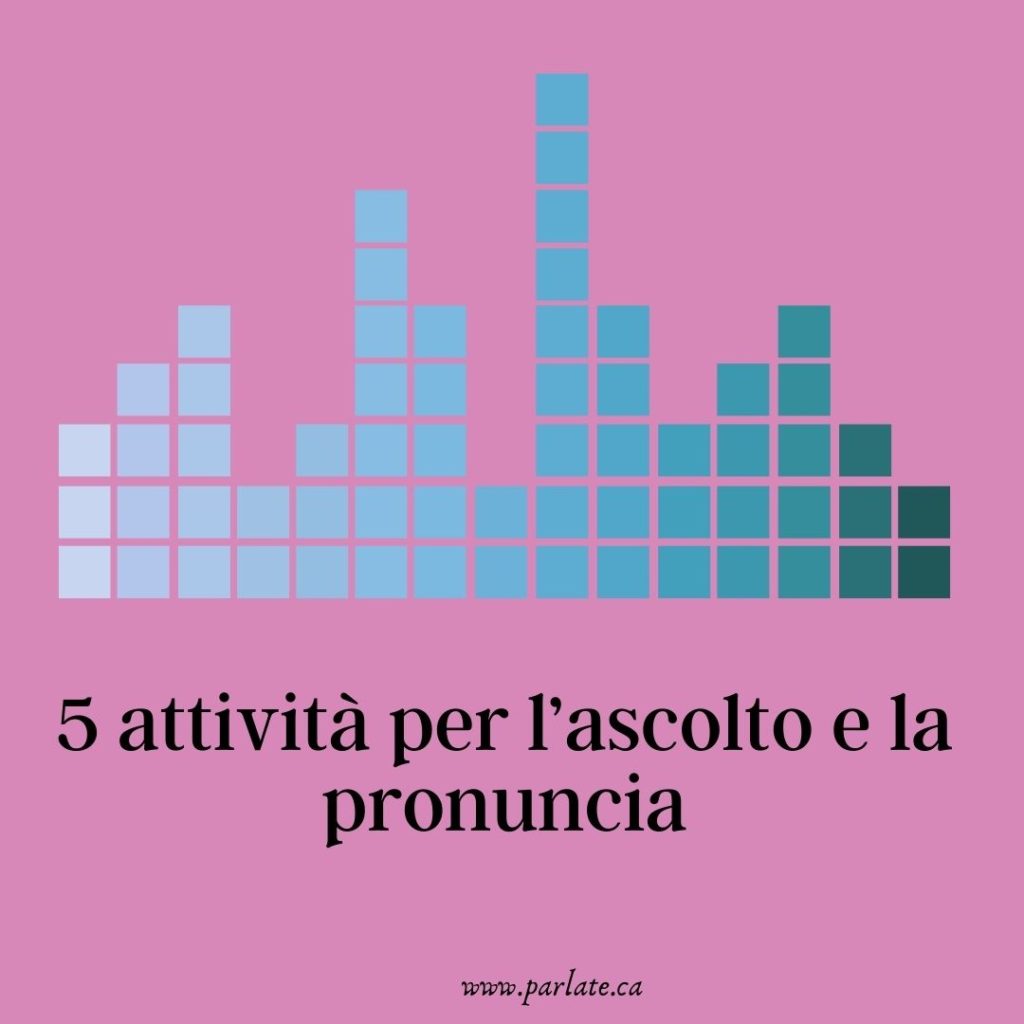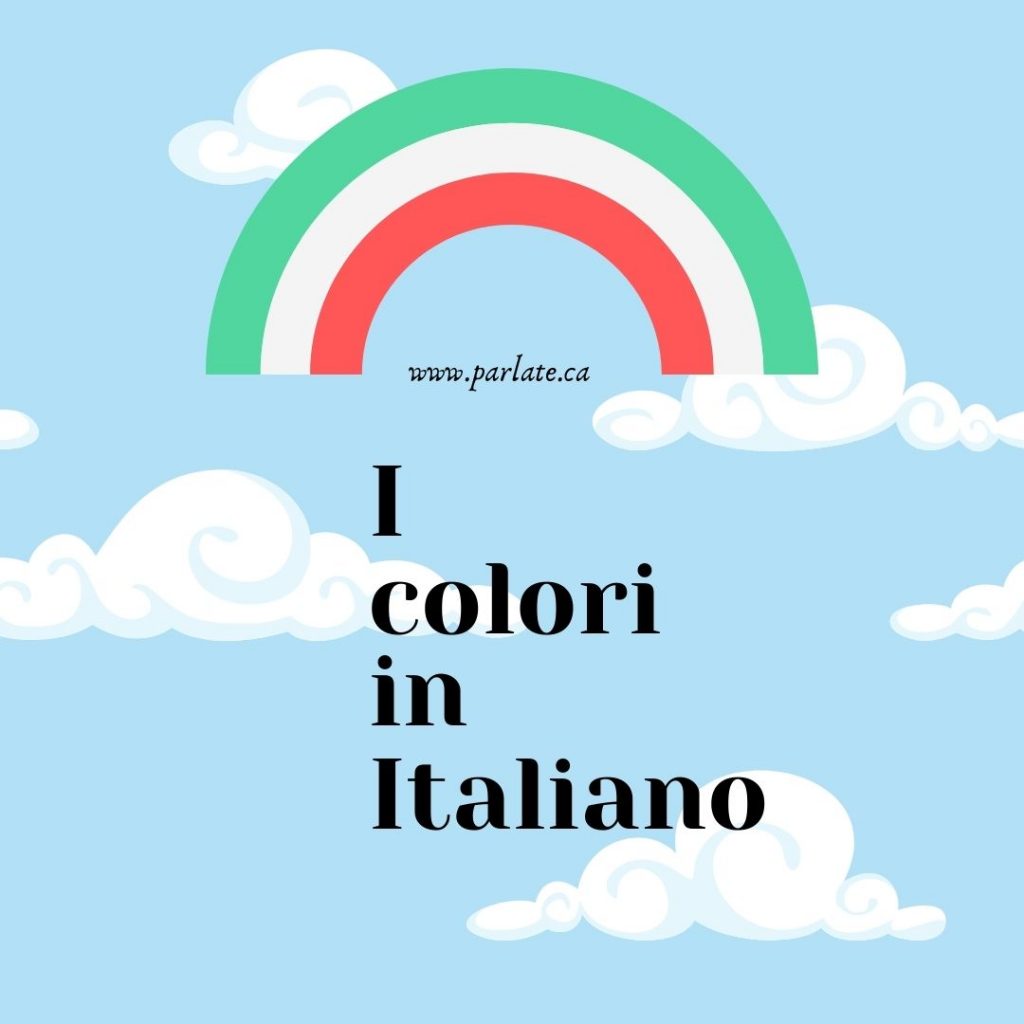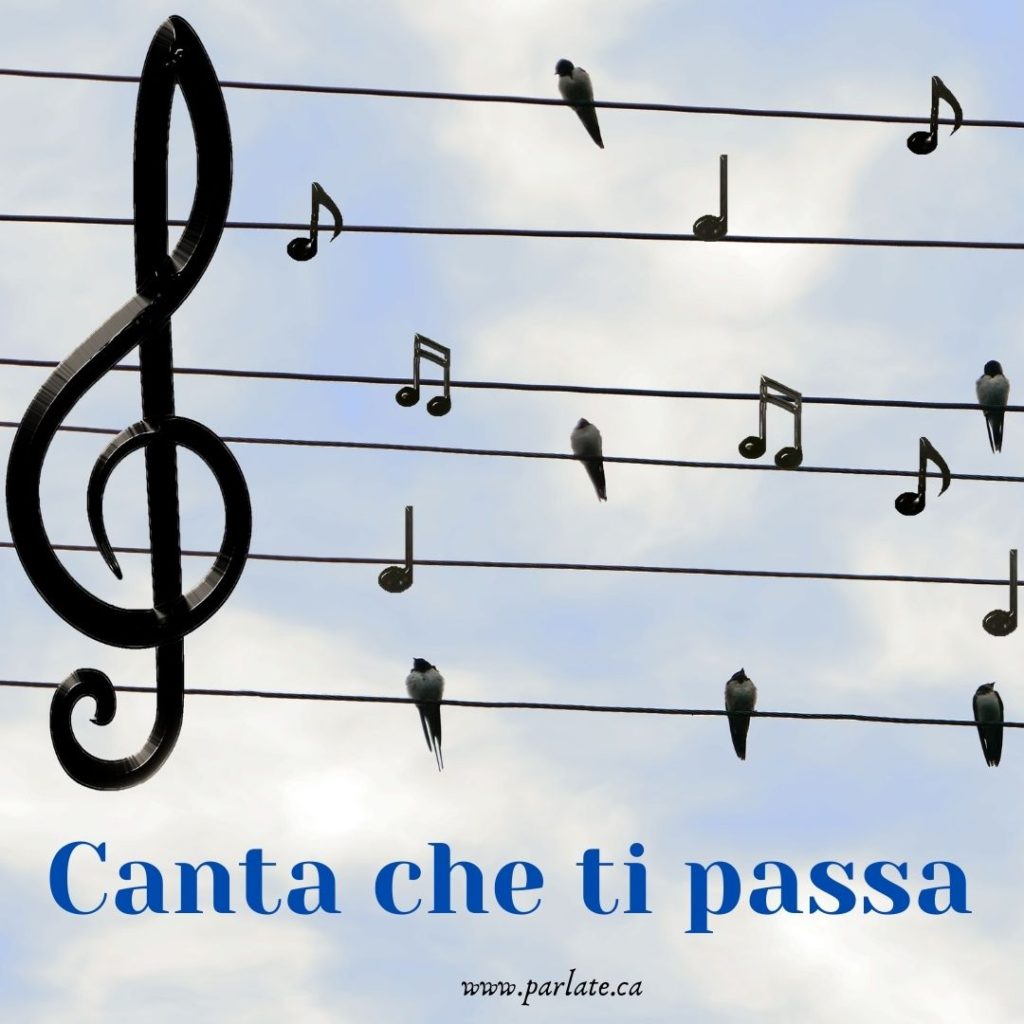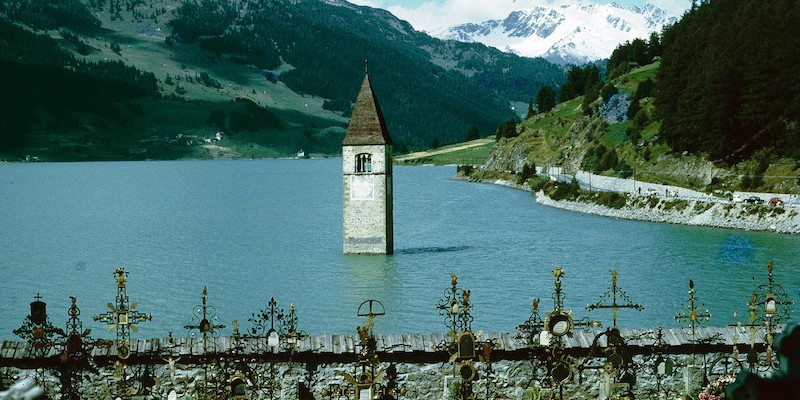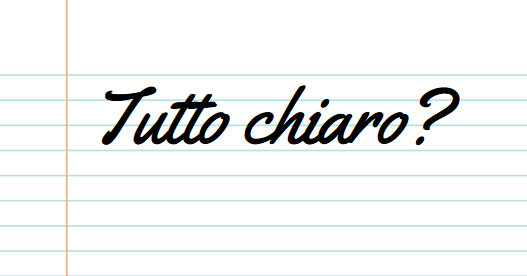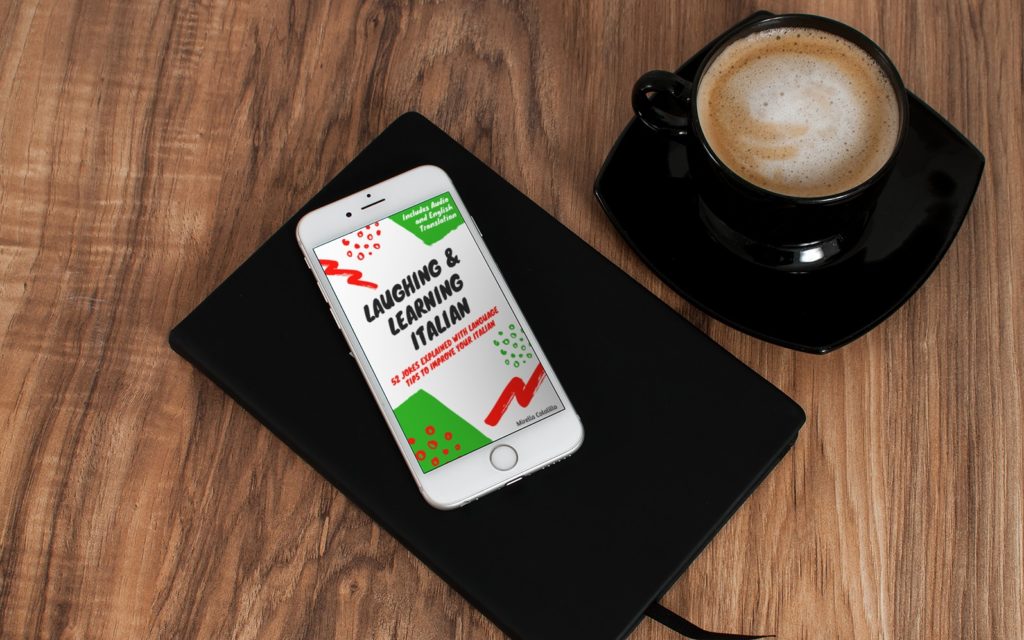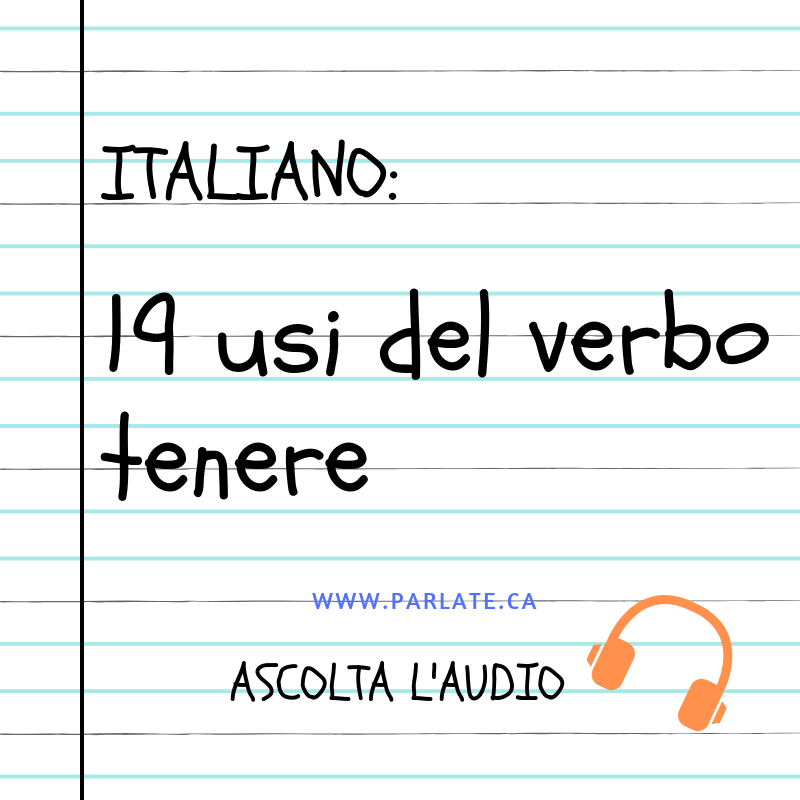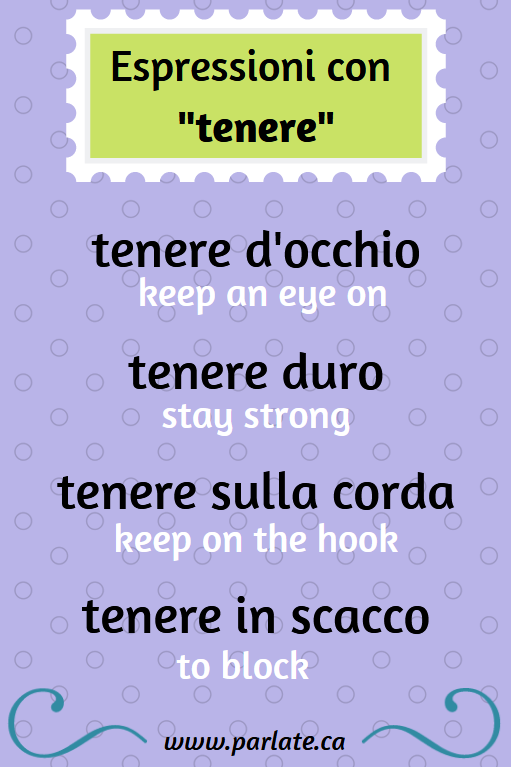L’edizione del 2019 del LangFest, il festival delle lingue, è ricco di programmi per tutti i gusti. Ne ho parlato con Sabrina Corriveau-Maheu, del team del LangFest.
The 2019 edition of the LangFest, the language festival, is full of programs for all tastes. I talked about it with Sabrina Corriveau-Maheu, of the LangFest team.

Usa il Promo code: MIRELLA per uno sconto del 15% https://bit.ly/2JCksFe
Use the promo code MIRELLA for a 15% discount https://bit.ly/2JCksFe
1) Com’è nata l’idea del LangFest e quali sono i punti salienti dell’edizione di quest’anno?
Tetsu Yung e Joey Perugino (due dei 3 principali organizzatori del LangFest) si sono incontrati alla Polyglot Conference a New York nel 2015 e volevano organizzare un evento linguistico simile a Montréal! Così hanno creato il North American Polyglot Symposium (NAPS) con Nicolas Viau (terzo organizzatore principale), che ora si chiama LangFest! Questo sarà il nostro quarto anno!
Per quanto riguarda i punti salienti, avremo la notte delle “lingue costruite” venerdì con le nostri presentatori chiave: Marc Okrand e David J. Peterson, che hanno rispettivamente creato Klingon per lo Star Trek Franchise e Dothraki e High Valyrian per Game of Thrones!
Abbiamo anche tonnellate di presentazioni diverse con argomenti che vanno da:
- Gli ultimi strumenti e tecniche di apprendimento delle lingue, compresi quelli applicati dai poliglotti;
- Laboratori linguistici per principianti e intermedi;
- Crescere bambini multilingue;
- Far crescere la tua rete di apprendimento delle lingue;
- Relazioni interculturali e multiculturalismo;
- Approcci e risultati accademici sull’acquisizione del linguaggio e sulla demografia;
- Lingue minoritarie o in via di estinzione;
- Imprenditorialità nel settore dell’apprendimento delle lingue;
- Giochi, picnic, cene e altre attività sociali;
- E molti altri temi istruttivi e stimolanti.
1) How was the idea of the LangFest conceived and what are the highlights of this year’s edition?
Tetsu Yung and Joey Perugino (two of the 3 main organizers of LangFest) met at the Polyglot Conference in NY in 2015, and they wanted to have some similar language event in Montréal! So they created the North American Polyglot Symposium(NAPS) with Nicolas Viau (3rd main organizer), which is now called LangFest! This will be our forth year!
As for the highlights, we will have the “constructed languages” night on Friday with our 2 Keynotes: Marc Okrand and David J. Peterson, who respectively created Klingon for the Star Trek Franchise, and Dothraki and High Valyrian for Game of Thrones!
We also have tons of different presentations with topics ranging from :
- The latest language learning tools and techniques, including those applied by polyglots;
- Language workshops for beginners and intermediates;
- Raising multilingual children;
- Growing your language learning network;
- Cross-cultural relationships and multiculturalism;
- Academic approaches and findings on language acquisition and demographics;
- Minority or endangered languages;
- Entrepreneurship in the language learning industry;
- Games, picnics, dinners and other social activities;
- And many more informative and inspiring themes.
2. Negli ultimi anni abbiamo riscontrato un crescente interesse per l’apprendimento delle lingue con la creazione online di molte piattaforme e app linguistiche gratuite. Pensi che questa tendenza continuerà a crescere?
Penso di sì, perché offre molta flessibilità agli studenti! Esistono molti “tipi di studiosi” e molte ragioni per cui qualcuno impara una lingua, quindi tutti devono trovare ciò che funziona per loro, e con il numero di piattaforme e applicazioni esistenti, c’è sicuramente qualcosa.
Devi sapere cosa esiste per trovare qualcosa che si adatta alle tue esigenze per ogni lingua! Potresti voler imparare lo spagnolo per un motivo diverso da quello per cui vuoi imparare lo swahili o l’arabo, quindi per avere più possibilità di successo, mantenere alta la tua motivazione e imparare più velocemente, è importante avere uno (o molti!) metodi adatti ai tuoi bisogni! (Ad esempio, ho imparato il tedesco e lo spagnolo per motivi diversi rispetto da quelli per cui sto attualmente imparando il finlandese o l’esperanto, quindi adeguo i miei metodi di apprendimento per soddisfare gli obiettivi che voglio avere per ciascuno (finlandese: più lettura e comprensione, ed esperanto: conversazione!)
Inoltre incoraggio vivamente a provare a utilizzare vari metodi di apprendimento (App / piattaforme linguistiche / libri di lingue / TV / cinema / incontri di persona (insegnante o tandem) / lettura / scrittura!)
2. In the past few years we’ve seen a growing interest in language learning with the creation of many free online language platforms and apps. Do you think this trend will continue to grow?
I think so, because it offers a lot of flexibility for the learners! There are many “types of learners”, and many reasons why someone would learn a language, so everyone has to find what works for them, and with the number of applications or language platforms that exist, there is certainly something.
You need to know what exists to find something that fits your needs for each language! You might want to learn Spanish for a different reason than you want to learn Swahili or Arabic, so to have more chances of success, to keep your motivation high and to learn faster, it is important to have one (or many!) methods that suit your needs! (As an example, I learned German and Spanish for different reasons than I am now studying Finnish or Esperanto, so I adapt my learning methods to suit the goals I want to have for each (Finnish: more reading & understanding, and Esperanto: conversational!)
I also highly encourage to try and use various methods of learning (Apps / language platforms / language books / TV / cinema / in person meeting (teacher or tandem) / reading / writing!
3. In che modo il Langfest giova alla comunità dell’apprendimento delle lingue e inoltre esiste una tipologia di pubblico che frequenta il Langfest o è accessibile sia ai principianti che ai poliglotti?
LangFest è un evento in cui CHIUNQUE interessato alle lingue (o ad uno qualsiasi dei temi sopra menzionati) può venire ad imparare, condividere, incontrare persone meravigliose con interessi simili! Ci sono monolinguisti che sperano di imparare una seconda lingua e persone che hanno studiato più di 20 lingue, ci sono insegnanti di lingue, imprenditori delle lingue, persone che lavorano in ogni campo, studenti, ecc.! Tutti sono i benvenuti e sicuramente impareranno molto su tutto ciò che riguarda la lingua e incontreranno persone interessanti con le quali diventeranno grandi amici!
3. How does the Langfest benefit the language learning community and is there a typology of audience that attends the Langfest or is it accessible to beginners and polyglots alike?
LangFest is an event where ANYONE interested in languages (or any of the themes mentioned above!) can come to learn, share, meet wonderful like-minded people! There are monolinguals who are hoping to learn a second language as well as people who studied more than 20 languages, there are language teachers, language entrepreneurs, people working in every field, students, etc! Everyone is welcome and will certainly learn a lot about everything related to languages, and will meet interesting people with whom they will become great friends!
4. Dicono che l’apprendimento di una nuova lingua possa migliorare la salute del cervello e farci sentire più felici. Come poliglotta, che consiglio vorresti condividere con qualcuno che è indecisa/o se iniziare una nuova lingua?
FALLO! Assolutamente! Non è sempre facile imparare nuove lingue, ma è molto gratificante! Ponetevi degli obiettivi realistici e provate il più possibile a pianificare in anticipo nel calemdario il tempo per studiare quella lingua e cercare aiuto quando ne avete bisogno! Esistono comunità (ad esempio meetup.com o comunità online) che possono aiutarti a trovare risorse appropriate (e motivazione!).
E, soprattutto, trova il modo di goderti il processo, perché è questo che manterrà viva la tua motivazione! Per esperienza, ho visto una differenza nel contatto che hai con le persone quando parli la loro prima lingua e quando non la conosci (anche se non la parli bene o stai iniziando a impararla!). Il fatto che stai imparando la loro lingua (specialmente se non sei OBBLIGATA/O) è spesso un segno del tuo interesse per la loro cultura ed è ben accolto. Spesso creiamo un legam molto più forte e la significativa conversazione che ne segue è una grande parte di ciò che mi tiene motivata! Trova qual è la tua motivazione, sia che tu sia in grado di leggere libri o guardare delle serie in lingua originale, viaggiare o vivere all’estero, o qualsiasi altra ragione, e fai piccoli passi verso di essa!
Inoltre, vieni al LangFest! 😀
4. They say that learning a new language can improve brain health and make us feel happier. As a polyglot yourself, what advice would you like to share with someone who is on the fence about starting a new language?
DO IT! Absolutely! It is not always easy to learn new languages, but it is very rewarding! Set yourself some realistic goals, and try as much as possible to plan time for studying that language in advance in your schedule and find help when you need it! There are communities (i.e. meetup.com or online communities) that can help you finding appropriate resources (and motivation!).
And most importantly, find ways to enjoy the process, because that is what will keep your motivation up! From experience, I have seen a difference in the contact you have with people when you speak their first language and when you don’t (even if you don’t speak it well or you are just starting to learn it!). The fact that you are learning their language (especially if you are not OBLIGATED to) is often a sign of your interest in their culture, and it is well perceived. We often create a much stronger connection and the meaningful conversation that follows are a big part of what keep me motivated! Find what is your motivation, whether it is to be able to read books or to watch series in the original language, to travel or to live abroad, or any other reason, and take tiny steps toward it!
Also, come to LangFest! 😀
Leggi i miei articoli recenti / Read my recent articles:
- Racconto italiano: La disdetta del frullato al cacao A2/B1
- Come si usa il gerundio
- Racconto italiano: La gatta sull’albero /A2
- Racconto italiano: Le scale al nuovo anno /B2
- 32 frasi ipotetiche del primo tipo in italiano
Sconto estivo del 25% sul mio ebook / 25% summer discount on my ebook
